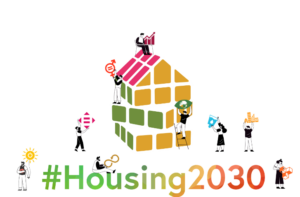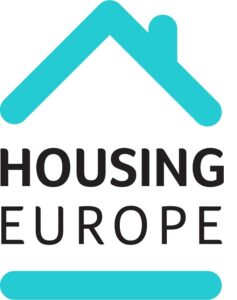Rent stabilization and monitoring access to affordable supply in New York City

Policies to stabilize rental supply and regulate rents are well established in New York City under the Rent Stabilization Law, which covers three essential areas. The law limits the rate of rent increases, limits the method, manner and grounds for evictions, and requires housing services to be maintained.
Description
The Law also requires that access to affordable housing is monitored.[1] The New York City Rent Guidelines Board produces an annual Housing Supply Report which examines the supply and cost of rental property in the City – this is required under the “Rent Stabilization Law”. The Board keeps a watch on the supply of housing accommodation and vacancy rates from a wide range of data and is resourced by a research staff. The annual Report monitors vacancy and overcrowding rates, new housing production, co-op and condo conversions, demolitions, housing created through tax incentives, and government-sponsored housing efforts.[2]
[1] New York Division of Housing and Community Renewal, “Rent Stabilization and Rent Control”. Available at https://hcr.ny.gov/system/files/documents/2020/11/fact-sheet-01-09-2020.pdf#:~:text=Rent%20stabilization%20provides%20protections%20to,on%20grounds%20allowed%20by%20law.&text=Rents%20may%20be%20reduced%20if%20services%20are%20not%20maintained
[2] New York City Rent Guidelines Board “2019 Housing Supply Report here”, Available at https://rentguidelinesboard.cityofnewyork.us/wp-content/uploads/2019/08/2019-HSR.pdf
Actors involved
New York City Rent Guidelines Board
Scale
Local
https://rentguidelinesboard.cityofnewyork.us/

An initiative of:


